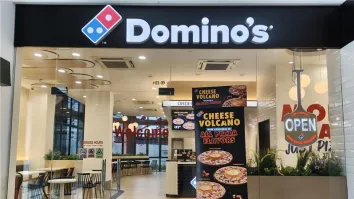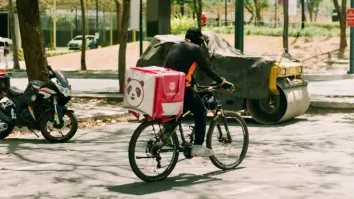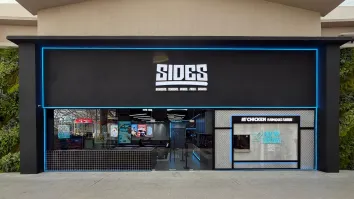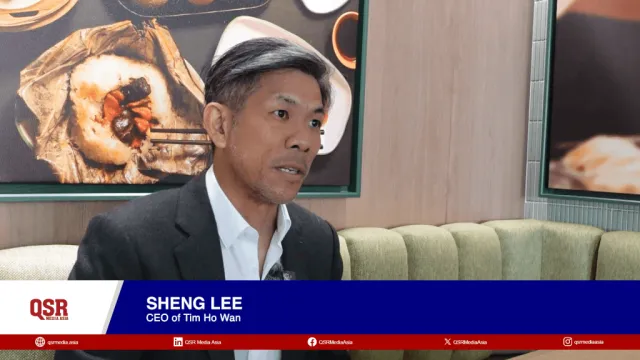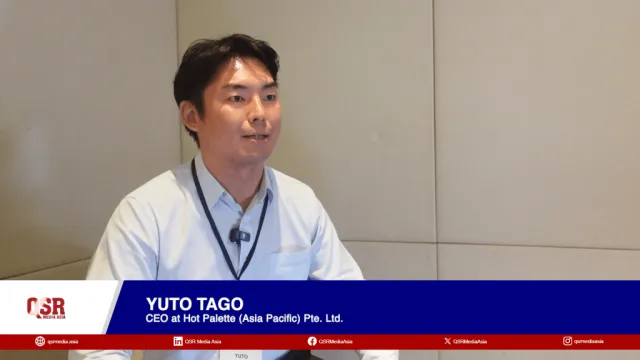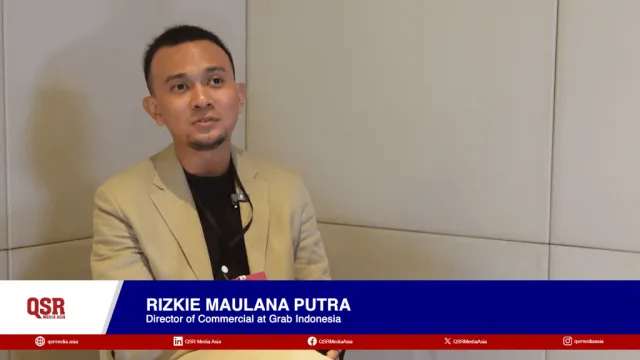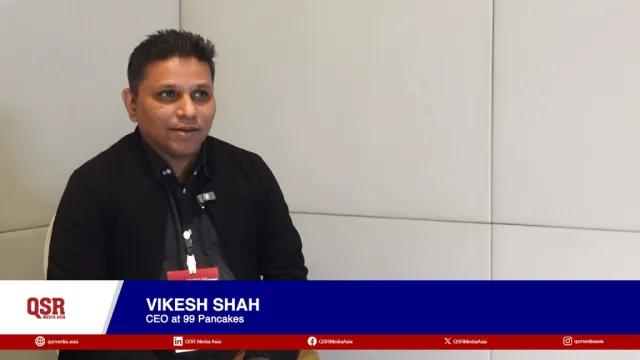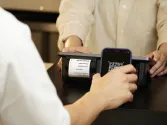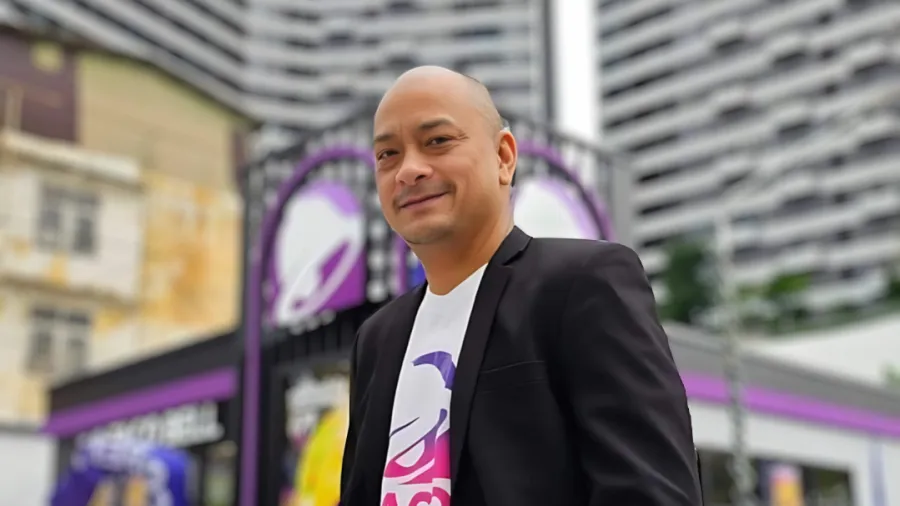
How Taco Bell avoided a flash in a pan success after its Thailand launch
The fast food giant identified two roadblocks to why Thai consumers won’t try its offering.
When Taco Bell first launched in Thailand in 2019, it went the extra mile by organising a gigantic PR campaign which involved several events, celebrity guests, and merchandise giveaways drawing crowds of people to its first restaurant and the subsequent openings.
However, as consumers experienced fad fatigue, the hype eventually fizzled leading to slowing sales which confused Taco Bell because, in each of its market tests, the Thai palette and the spicyness of Mexican foods seemed to be aligned.
“We found out that after consumers give our food a try, a large number of consumers become repeat customers. And what I mean by repeat are those customers who order again within 90 days. So this gave us the confidence that food is not the problem,” Shane Muangkroot, general manager of Taco Bell Thailand, said.
The challenge, according to Shane, was how to get people to try Taco Bell in the first place.
After the hype
Determined to get to the bottom of the slowing consumer interest, Taco Bell created a focus group research. They learned that two major challenges became barriers for consumers to try their offerings.
The first one was the look of their restaurants.
“Our restaurants are a little bit elevated in terms of the design. It doesn’t look like a typical QSR here in Thailand. It looks more like a casual restaurant so this confuses the customer,” Shane said.
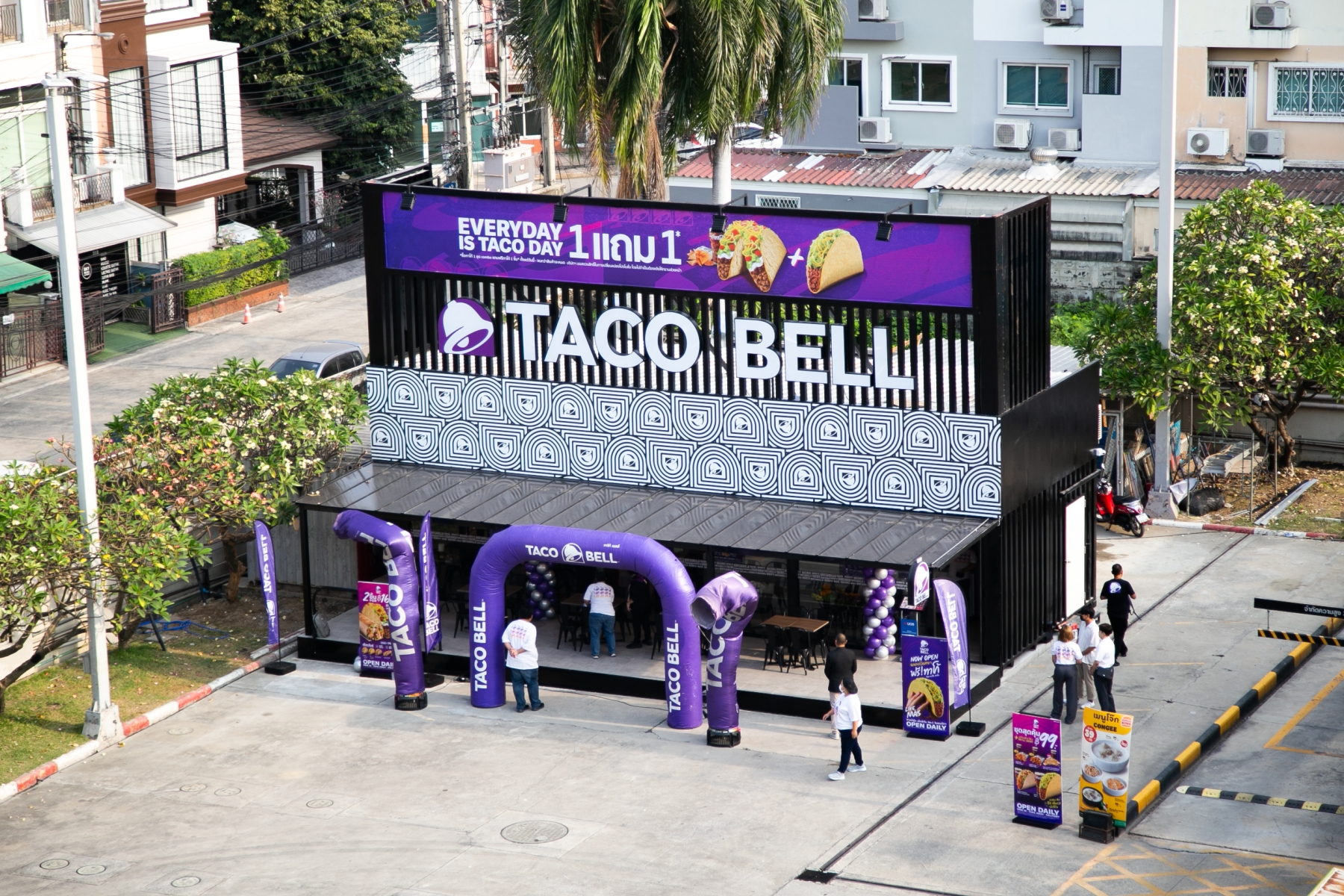
According to Shane, they already addressed this barrier and changed their look in their recent launches.
The second one was that the food was very foreign for most Thais. Shane said people could not distinguish the difference between tacos and burritos. Because of this, consumers cannot gauge the brand’s value properly and decide if spending on their offerings would be worth it.
“What we did was instead of communicating to the consumer different bundles or meal deals or localised our flavour, we came back to the basics. We are Taco Bell, we sell tacos,” Shane said.
Delivery
Eventually, Taco Bell found a way to entice customers to their banner and that was through delivery.
Shane said that when demand for delivery surged during the pandemic, they decided to shift their efforts to delivery and third-party food aggregators.
“So in delivery, if you do the marketing right and you appear on the first page and always have high visibility on the platform, people don’t need to know where your restaurant is. If you are always visible, chances are they will try your product. And like I said, Taco Bell has a very high repeat customers percentage,” he said.
At one point, 80% of Taco Bell’s business was just through food delivery. Currently, 40% of their business comes from food delivery.
Because of this focus on delivery, Taco Bell has been opening restaurants with it in mind. Recently the brand opened its first shipping container restaurant model located at Bangchak gas station Ram Inthra km. 6.
Taco Bell’s restaurants are mainly located around the central business districts, however, most of their customers live in suburban areas and mostly just go to CBD areas for work. By positioning restaurants in petrol stations, Taco Bell can increase its visibility with those going to and from the office whilst also having a restaurant positioned near suburban areas to reach them via delivery.
“So people start seeing us in the city, and when they go home they start seeing us left and right, so it makes the brand look very big. Instead of concentrating on one area, they see us online, they see when they travel to work or near their office buildings,” Shane said.
This strategy also futureproofs the brand for more expansion in the future as Thailand has over 20,000 gas stations, with many of them expanding to have retail attachments.
Growth trends
Shane also shared his opinion on the various growth trends for QSR brands.
According to GlobalData, Thailand’s foodservice sector recorded sales of $46.9b (THB1.6t) in 2022 and is predicted to grow at a compound annual growth rate of over 9% to 2027.
On the ground, Shane said the fast-food segment has been growing by at least 8% to 10% because of higher food costs.
“About 20 years back, if you go to street vendors or Thai restaurants every day, QSR would seem very expensive. But now, because prices are going up and QSRs are still maintaining their prices, there is almost no difference if you eat in fast-food restaurants or other places,” Shane said.
Delivery will also continue to be a part of Taco Bell’s strategy. But another thing they have begun to focus on is targeting younger consumers: the millennials and the Gen Z.
Shane said that Taco Bell utilised social media like Facebook and Instagram in the past to communicate their brand to the younger generation, and now most of their marketing content makes use of TikToks and reels, as short video formats become popular. Taco Bell Thailand also engages with influencers and content creators, creating marketing content suited to today’s audiences.
Plans
Taco Bell is expanding at a pace of eight to 10 restaurants in the next two years.
“Drive-thru is definitely on that list. We are exploring the possibility of piloting a concept this year. This is in line with Taco Bell’s central business model where in the US 70% of sales are drive-thrus. That’s what we want to take on,” Shane said.
The focus will be opening more restaurants in tourist catchment areas. Shane said they are eyeing Chiang Mai at the moment and other Tier 1 cities. Finally, Taco Bell will also open more gas station locations.
“My personal short-term goal is to reach 50 restaurants within the next three to five years. Now, we are 25. By the time we reach 50, I believe the brand will be more familiar to the consumers then we can start expanding towards Tier 2 and Tier 3 cities. And after that, who knows? The sky’s the limit.”



